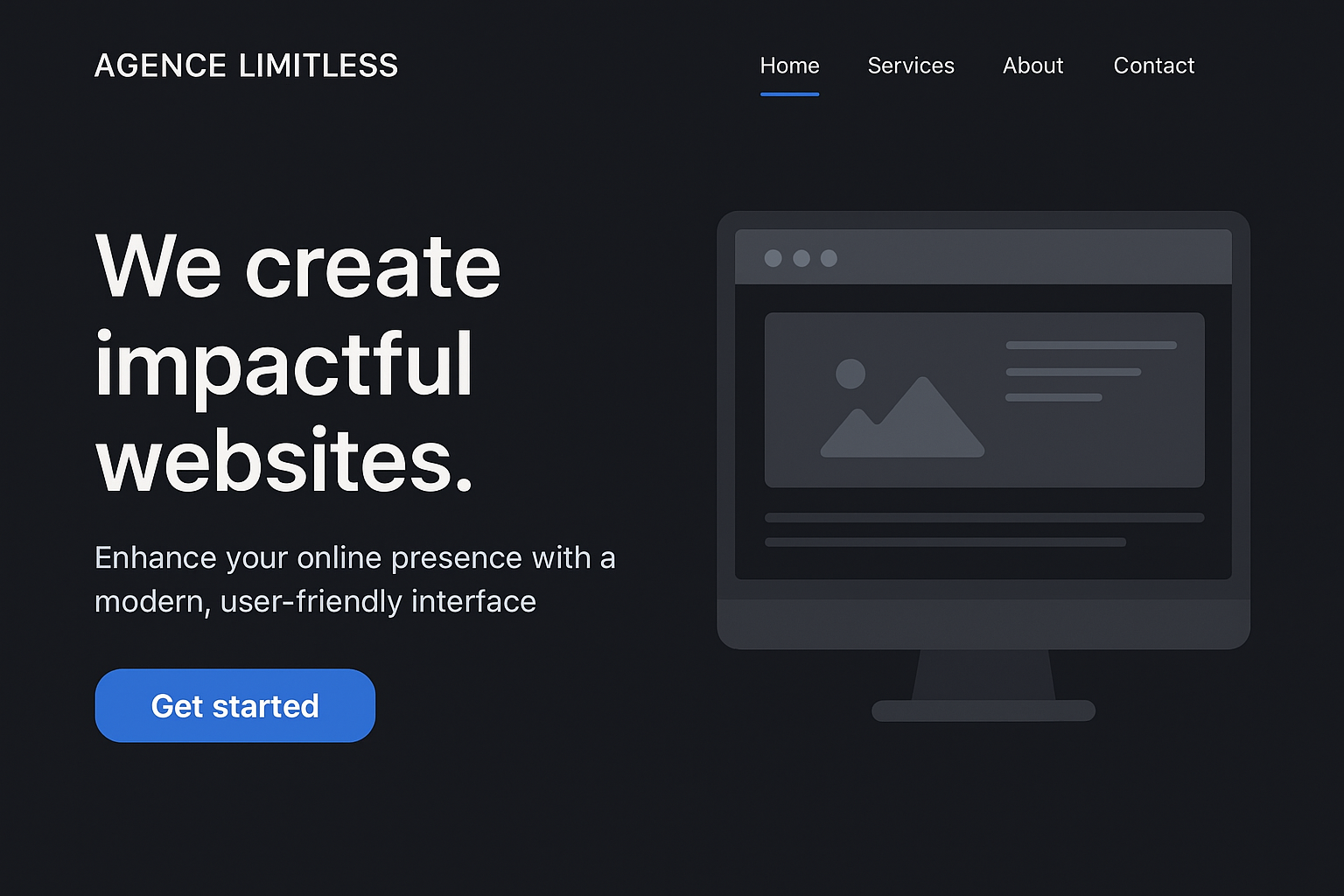We live in a digital wilderness. It is a landscape of breathtaking opportunity, connecting us to the sum of human knowledge, to loved ones across oceans, and to communities of shared passion. Yet, this same wilderness is fraught with hidden perils: shadowy trackers that follow our every move, data-hungry corporations that profile our desires, malicious actors laying traps, and walled gardens that seek to confine us to their curated, commercialized plots. In this untamed expanse, the tools we choose to navigate are not mere conveniences; they are declarations of principle. They shape our path, define our safety, and determine who profits from our journey.
For millions, the compass guiding them through this wilderness is Mozilla. More than just the maker of the Firefox browser, Mozilla is a non-profit, a philosophy, and a global community dedicated to building an internet that is open, accessible, and respectful of its users. Taking your first steps with Mozilla is not just about switching software; it’s about learning to be an intentional citizen of the digital world. This guide is your trail map.
The Mozilla Ethos: Understanding the “Why”
Before we configure a single setting, it’s crucial to understand what sets Mozilla apart. In a tech ecosystem dominated by for-profit giants like Google (Chrome), Apple (Safari), and Microsoft (Edge), Mozilla stands as a unique entity. It is a mission-driven organization, structured as a non-profit foundation. Its flagship product, Firefox, is not a means to monetize your data but a tool to protect it.
This ethos is codified in the Mozilla Manifesto, a set of principles that begins with the foundational belief: “The internet is a global public resource that must remain open and accessible.” This principle informs every line of code, every design decision, and every policy stance. When you use Mozilla products, you are not the product. You are a participant in a collective project to keep the internet healthy and free.
This user-first approach manifests in several key areas:
Privacy by Design: While other browsers have been playing catch-up, privacy has been Firefox’s cornerstone for years. Features like Enhanced Tracking Protection, which blocks third-party tracking cookies by default, are not optional add-ons; they are the browser’s immune system.
Open Source Transparency: Firefox is built on open-source code. This means anyone in the world can inspect it, audit it for security flaws, and contribute to its improvement. There are no black boxes or hidden agendas—only transparent collaboration.
Independence: As a non-profit, Mozilla is not beholden to shareholder demands for infinite growth. This financial and philosophical independence allows it to make decisions that are best for the internet and its users, even when they are not the most profitable.
Your First Foray: Installing and Setting Up Firefox
Downloading Firefox is a simple act of defiance against the status quo. Head to mozilla.org/firefox and download the installer. The process is straightforward, and one of the first things you’ll be offered is the chance to import your bookmarks, history, and passwords from your old browser. This lowers the barrier to entry, making the transition seamless.
Once installed, take a moment to familiarize yourself with the interface. It’s clean, customizable, and intuitive. But the real power lies beneath the surface, in the Settings menu (or Preferences on macOS). Let’s embark on our first configuration journey.
1. Fortifying Your Privacy & Security
Navigate to Privacy & Security in the settings. This is your command center for digital self-defense.
Enhanced Tracking Protection: Ensure this is set to “Strict.” While “Standard” blocks known trackers, “Strict” offers a broader defense, which may break a few non-essential elements on older websites (a small price for significant privacy). You can always disable it temporarily if a site requires it.
Custom Settings: Scroll down to “Cookies and Site Data.” For maximum control, select “Custom.” Here, you can choose to block all third-party cookies, a powerful move to prevent the cross-site surveillance that forms the backbone of the advertising industry.
Permissions: Further down, manage permissions for your location, camera, microphone, and notifications. Be ruthless here. Most websites do not need access to these. Set them to “Block” by default, and only grant access on a case-by-case basis when a trusted site genuinely requires it.
Logins and Passwords: While Firefox offers a built-in password manager, this is your opportunity to level up. Consider using Mozilla’s standalone service, Firefox Lockwise (now integrated into the Firefox account), or a dedicated password manager like Bitwarden or 1Password for generating and storing strong, unique passwords for every site.
2. Crafting Your Personal Experience
A browser should work for you, not the other way around. Head to the Home and Search sections to personalize your experience.
Your Homepage: Customize what you see when you open a new tab. You can choose to display your top sites, recent activity, or a curated stream of articles from Pocket (another Mozilla service we’ll discuss later).
Search Engine: Firefox defaults to Google search, which funds Mozilla through a partnership. However, in the spirit of choice, you can easily change this to a more privacy-focused alternative like DuckDuckGo or Startpage. This simple switch prevents your search queries from being tied to your identity.
3. Powering Up with Extensions (The Right Way)
Extensions are like adding specialized gear to your backpack. They can block ads, enhance readability, improve productivity, and more. The Mozilla ecosystem encourages this, but with a critical caveat: quality over quantity.
Visit the Firefox Browser Add-ons store, which is curated and generally safer than third-party sources. Some essential extensions for the modern explorer include:
uBlock Origin: The gold standard for ad-blocking. It is lightweight, efficient, and stops ads, trackers, and malware domains before they load.
Privacy Badger: Created by the Electronic Frontier Foundation (EFF), this extension learns which domains are tracking you as you browse and automatically blocks them.
Dark Reader: A must-have for night owls, this extension applies a comfortable dark mode to every website, reducing eye strain.
Remember, each extension is a small program with certain permissions. Install only what you need from trusted developers to maintain browser performance and security.
Beyond the Browser: The Wider Mozilla Ecosystem
Taming the digital wilderness requires more than a good browser. Mozilla offers a suite of tools that extend its philosophy across your digital life.
Firefox Focus: Think of this as your browsing machete for quick, incisive forays. Available primarily on mobile, Focus is a stripped-down, privacy-focused browser that automatically erases your history, passwords, and cookies after each session. It’s perfect for looking up a quick fact or visiting a site you don’t trust entirely.
Mozilla VPN: To truly cloak your digital footsteps, a Virtual Private Network (VPN) is essential. Mozilla VPN encrypts your connection and routes it through secure servers, hiding your IP address and location from the websites you visit and even your own Internet Service Provider. Integrated with the Mozilla ethos, it’s a VPN you can trust not to log your activity.
Pocket: In the information-saturated wilderness, curation is key. Pocket is a “read-it-later” service that allows you to save articles, videos, and stories from across the web to consume in a clean, distraction-free interface later. It also recommends high-quality, human-curated content, helping you find signal in the noise.
Becoming a Steward of the Web
Your journey with Mozilla does not end with configuring your tools. The final, most important step is to embrace the role of a steward. The health of the digital commons depends on engaged, informed users.
Stay Informed: Follow Mozilla’s advocacy work. They regularly publish research on topics like AI ethics, data privacy, and misinformation. Understanding these issues is the first step toward addressing them.
Contribute: If you have the skills, consider contributing to Mozilla’s open-source projects. This can be through code, but also through translation, documentation, or testing.
Advocate: Talk to friends and family about digital privacy. Explain why an open internet matters. Recommend Firefox. Every person who makes a more conscious choice about their digital tools helps tilt the balance away from surveillance and control and towards user agency and freedom.
Conclusion: From Wilderness to Garden
The digital world will always have elements of a wilderness—unkempt, unpredictable, and wild. But it need not be a lawless, dangerous place. By choosing Mozilla, you are selecting a set of principles and tools designed not to exploit the landscape, but to help you cultivate it. You are moving from being a passive product to an active participant.
Your first steps with Mozilla—installing Firefox, hardening its privacy settings, exploring its ecosystem—are more than technical adjustments. They are the initial markings on a new trail. They are a commitment to navigating the digital world with intention, with security, and with a steadfast belief that the internet can, and should, remain a force for global good. The wilderness is vast, but with the right compass, you need not be lost. You can learn to thrive.








Comments 2